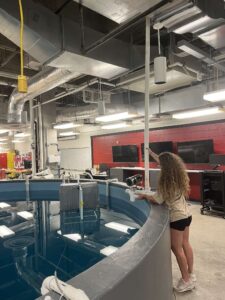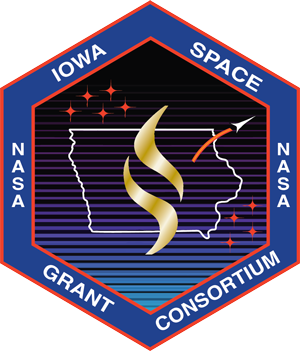Given NASA’s recent interest in on-orbit servicing (OOS) for malfunctioning satellites and space domain awareness (SDA), the need to accurately estimate the shape and kinematics of noncooperative objects (NCOs) is increasing. Previously, numerous vision and LIDAR-based approaches have been developed to resolve relative navigation issues between the spacecraft and nearby NCOs, but they are not compatible with NCOs with unknown shapes. Through researching numerous studies, we concluded that there is a need to increase operational flexibility and efficiency with relative navigation for NCOs, with particular emphasis on cases where basic information about the target’s shape was deformed or lacking and only part of NCOs could be observed by a single, fixed LIDAR.  The automotive industry has implemented 2D LIDAR-based Extended Target Tracking (ETT) to estimate the shape and kinematics of NCOs based on a point cloud generated over time. To be useful in the space technology application, this idea needs to be extended to the 3D scope. This has been attempted through the implementation of Gaussian processing and other methods, but there are drawbacks such as limitations from computational complexity that make them impractical for space technology. We propose that real-time estimation is possible in 3D ETT Technology using a relative navigation filter using the Multiplicative Extended Kalman Filter (MEKF) formulation. The MEKF takes the LIDAR point clouds and reconstructs the target’s shape to show its position and kinematic state. This can be done without a need for an observation period, prior knowledge of target geometry, or navigational cooperation.
The automotive industry has implemented 2D LIDAR-based Extended Target Tracking (ETT) to estimate the shape and kinematics of NCOs based on a point cloud generated over time. To be useful in the space technology application, this idea needs to be extended to the 3D scope. This has been attempted through the implementation of Gaussian processing and other methods, but there are drawbacks such as limitations from computational complexity that make them impractical for space technology. We propose that real-time estimation is possible in 3D ETT Technology using a relative navigation filter using the Multiplicative Extended Kalman Filter (MEKF) formulation. The MEKF takes the LIDAR point clouds and reconstructs the target’s shape to show its position and kinematic state. This can be done without a need for an observation period, prior knowledge of target geometry, or navigational cooperation.
Samantha Austin – Iowa State University
Student: Samantha Austin, Undergraduate Student in Aerospace Engineering, Iowa State University
Research Mentor: Dr. Dae-Young Lee

LIDAR-based 3D Spherical Harmonics with Information Fusion for Target Tracking (SHIFT) Filter for Space Domain Awareness and On-Orbit Servicing
2024-2025, Undergraduate
